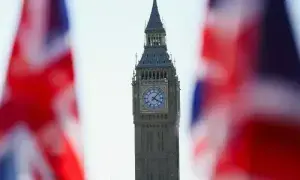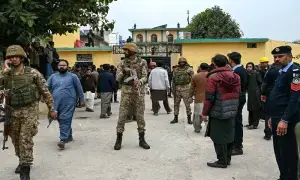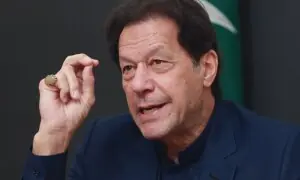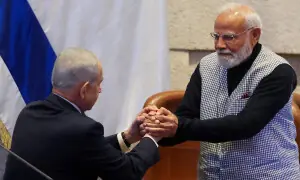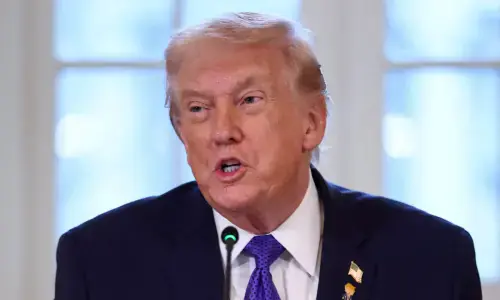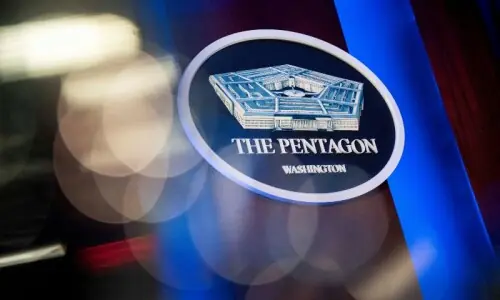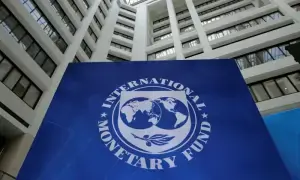AS the May 1 deadline for America to withdraw its troops from Afghanistan draws close, efforts are afoot to speed up the peace process in the latter country. The latest sign of this came after a meeting was convened in Moscow featuring Afghan stakeholders, as well as representatives of regional and global players, to try and hammer out some sort of deal, and salvage the very modest successes that have been achieved between the Afghan government, the Taliban and the US. What is significant is that the US sent its emissary on Afghanistan to the event in Russia, despite the fact that Washington and Moscow rarely see eye to eye, especially in the international arena. Senior officials from Pakistan and China were also in attendance, as were Mullah Baradar of the Taliban and former Afghan president Hamid Karzai.
The joint statement issued after the event is important as it calls upon the Taliban to not launch any spring or summer offensives. Over the past few months, there has been a sharp spike in violence as civilians, including journalists and civil society figures, have been murdered. The Taliban say the US is not complying with its end of the deal signed in Doha in 2020, and there was no clear signal from the militia that they are willing to cease all hostilities in the interest of peace. Until there is such a commitment, it would be too early to celebrate. However, considering the complexity of the Afghan issue, the fact that the dialogue process is continuing is still a better alternative to settling scores on the battlefield.
At this point, the stalemate will apparently continue as the Taliban have the upper hand. The only major change to emerge from the Moscow conclave is that Pakistan, the US, China and Russia appear to have a common view of the Afghan peace process. America itself is not sure it will honour the May 1 deadline, with Joe Biden saying as much in a recent interview. However, the dialogue process must continue and be backed by a long-lasting ceasefire, which will act as the biggest confidence-building measure. The negotiation process is due to resume in Turkey next month and by that time the Afghan stakeholders — particularly the Taliban — must show that they are committed to the peace process by ceasing hostilities. If foreign troops leave abruptly without a peace plan endorsed by all Afghan factions, a return to the civil war seen during the Mujahideen period is likely. And if the foreign forces stay, the Taliban will have an excuse to abandon the peace process and return to the battlefield. The available options at this point are not very good, yet a modus vivendi must be reached where the violence stops, power-sharing is achieved and the Afghans start the long process of rebuilding their shattered homeland.
Published in Dawn, March 20th, 2021


